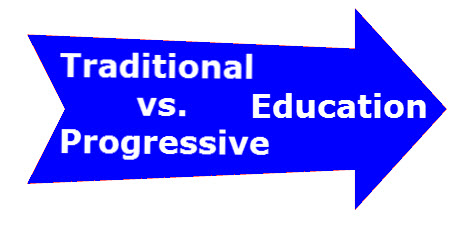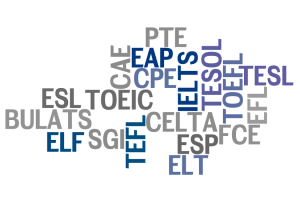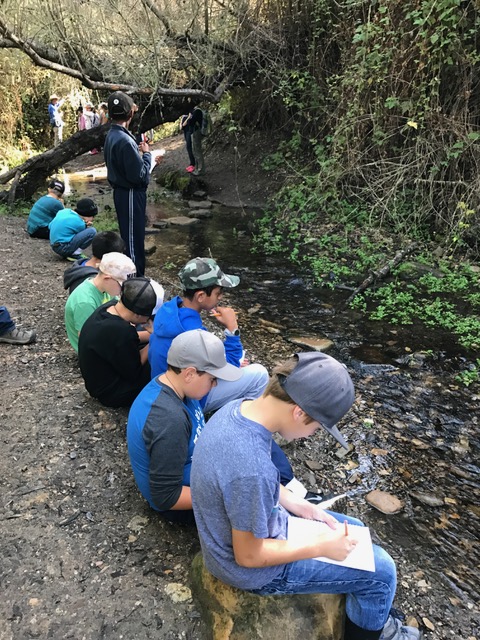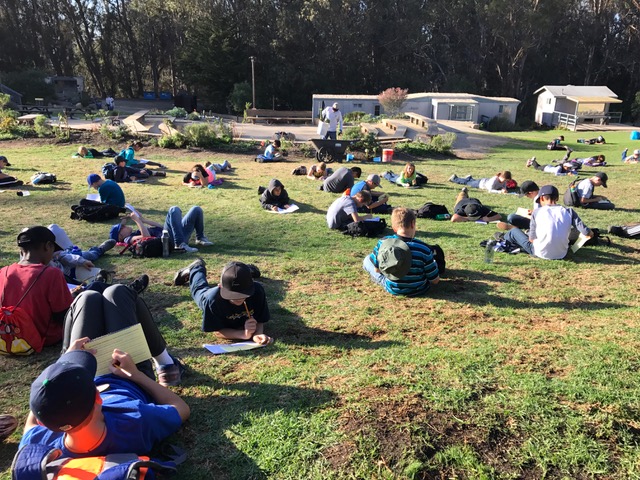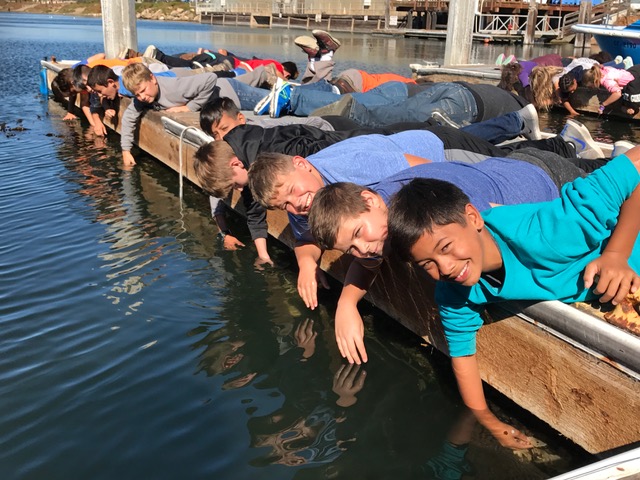This is my sixth year of teaching, and I am still extremely intrigued and amused with how my student’s learn. This year is probably one of my favorite classes that I’ve every taught, and it fascinates me on how each and everyone of them learn. Do they all learn directly from me? Do they learn from their peers? Do they learn from the SMART board? Do they learn simply by having their chrome books in front of them? Do they learn from all the homework they have? Well, I’ve come to the conclusion that the answer to all of those questions is yes.
My students do not simply learn from me. I can stand up from and teach a lesson and drill an idea into them, but they will not always learn from that scenario. There are days where they will grasp that and days where they will be bored out of their minds (hopefully not, but let’s be honest with ourselves, it happens). My students learn from a wide array of opportunities and advancements that they have each an everyday.
Let’s pick student A, we will call her Amanda. Amanda is sitting in a math lesson, and we are currently learning about Area of Parallelograms. Amanda struggles in math, and is not doing very well with understanding what I’m teaching up front. Her next door neighbor, student B, we will call him Bradley, is very advanced in math and is able to assist, swoop in, and teach that student in a different one on one way that she would not have gotten simply from just listening to me. She is learning from a peer. 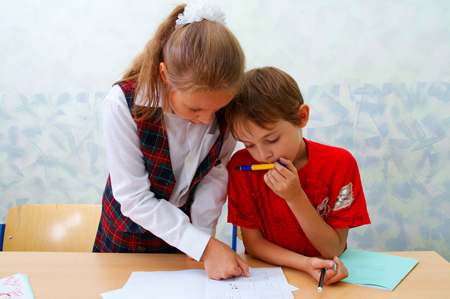
Another day, student C, Cassandra, is exploring the web and is very interested in ancient Egypt. We are learning about ancient Egypt in History, and our book does not have enough information for Cassandra. Cassandra loves to explore and expand her mind, and she is learning so much new information that would not have been in her textbook, but instead was valuable information from the internet. Again, not from me, not form a peer, but from a positive resource that she has an opportunity to use.
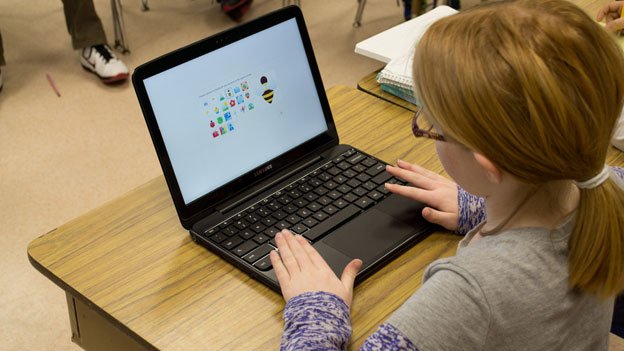
My students are learning everyday, and it make me happy to know that they are willing to help one another, use their resources given to them to discover new learning experiences, and engage in specific lessons when they want to. Learning is all subjective, but with the right mindset and positive outlook, it can happen in so many different ways.
